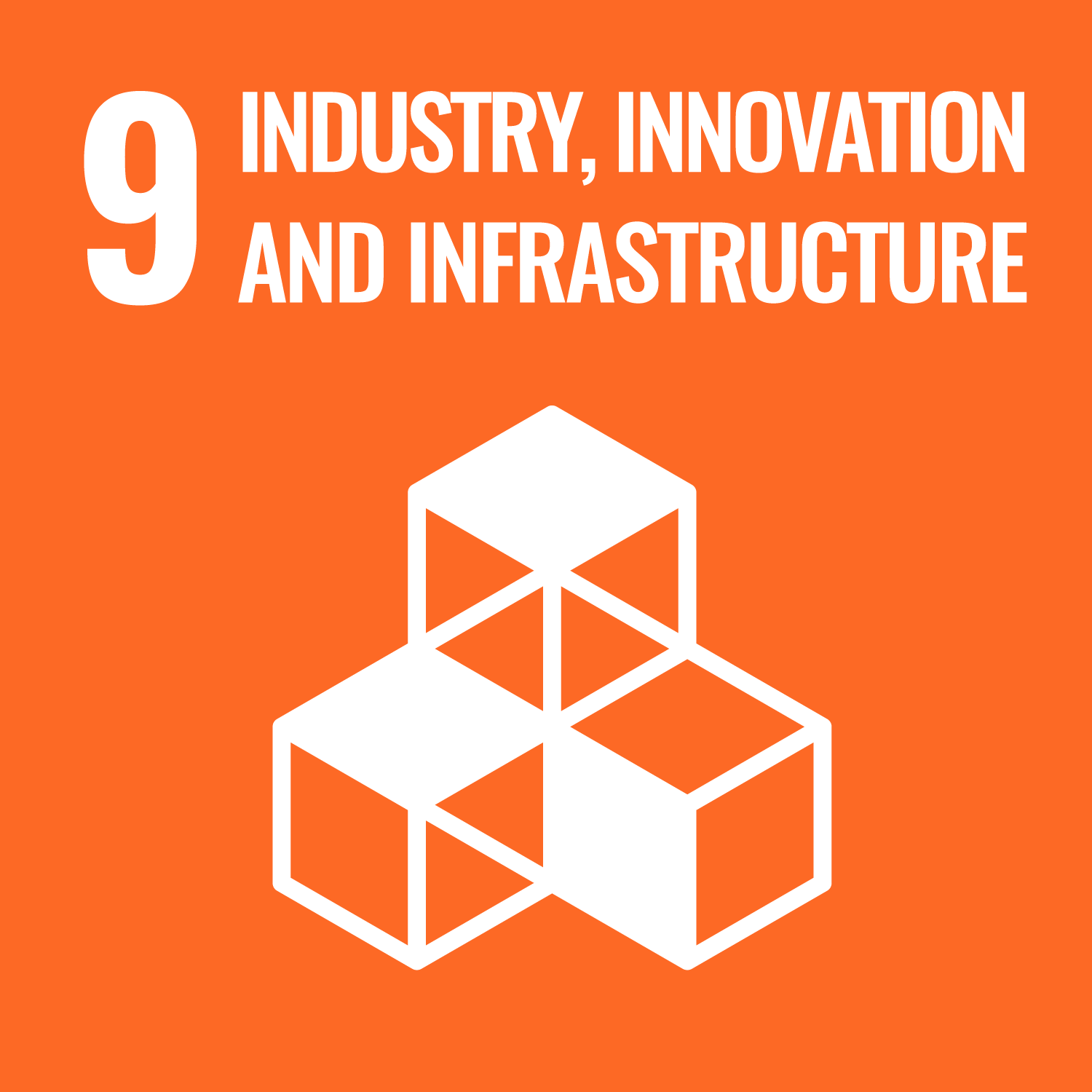CORICAP Impact First
Aligned SDGs


- CORICAP Impact First
- General overview
- Intervention
- Location
- Last data update
- Spreadsheet of data
- CORICAP Impact First
- General overview
- Intervention
- Location
- Last data update
- Spreadsheet of data
General overview
Stage of development: Early stage
Policy sectors: Employment and private sector development
Type of instrument: Social Impact Incentives (SIINC) / Technical Assistance and Market-building program (Must involve dedicated grant resources)
Delivery locations: Democratic Republic of the Congo
Country classification: Low-income
Intervention
Social or environmental challenge
Despite being the fourth largest country in Africa in terms of population size, Congo-based startups and entrepreneurs received less than 0.01% of investor funds in 2022. By contrast, Nigeria, the most populated, received 25%, while Egypt (third) received 19%. Congo's external perception as highly corrupt, lacking rule of law and adequate skilled talent, is the principal reason for the discrepancy.
Civil war and ongoing instability that has plagued Congo for 25 years crippled every fragment of society. While San Francisco now has driverless taxis, 74% of people in Congo donât have access to a bank (including mobile money services). Given Congo's rapidly growing population, these challenges demand the utmost urgency to prevent an avoidable humanitarian disaster. CORICAP will leverage the power of machine learning and big data to identify the most pressing needs, and initiate creative solutions to deploy innovative finance with the aim of maximizing social impact.
Description of the intervention
CORICAP intends to launch the first phase of creating an innovation hub in Congo that will leverage big data (cellphone usage data, satellite imagery, social media) to create startups and businesses that tackle the countryâs most pressing needs. The aim of the innovation hub is to effectively allocate capital to ideas with the highest potential for social impact.
CORICAP's program will identify current existing startups in Congo, and create a database of the smartest and most skilled people interested in pursuing entrepreneurship. Phase oneâs focus is to prove the existence of an investable cohort of talent and opportunities in Congo. For our startup cohort, CORICAP will coach participants by providing advisory support and expertise to strengthen the business models and improve operational efficiency. For the soon-to-be-entrepreneurs, CORICAP will: provide readiness training to familiarize members with realities of working in Congo, pair up individuals based on skills, and allocate societal challenges to be solved as identified by data and analytics.
Upon project completion, CORICAP will disseminate evidence globally of an investable database of promising startups, and paired skilled individuals solving complex problems that have plagued the Congolese society such as low financial inclusion rates or access to education.
Location
Country:
- Congo, The Democratic Republic of the
Locality:
- Democratic Republic of the Congo
Last data update
Data for this pipeline project was last updated in August 2023.
You might have noticed that some pipeline projects have more data than others. This is because organisations can share as much data as they want with the INDIGO initiative. If you have more data on one of these pipeline projects and would like to share with us, please get in touch at indigo@bsg.ox.ac.uk. Our full list of variables and data definitions can be found here.
Spreadsheet of data
Important Notice and Disclaimer on INDIGO Data
INDIGO data are shared for research and policy analysis purposes. INDIGO data can be used to support a range of insights, for example, to understand the social outcomes that projects aim to improve, the network of organisations across projects, trends, scales, timelines and summary information. The collaborative system by which we collect, process, and share data is designed to advance data-sharing norms, harmonise data definitions and improve data use. These data are NOT shared for auditing, investment, or legal purposes. Please independently verify any data that you might use in decision making. We provide no guarantees or assurances as to the quality of these data. Data may be inaccurate, incomplete, inconsistent, and/or not current for various reasons: INDIGO is a collaborative and iterative initiative that mostly relies on projects all over the world volunteering to share their data. We have a system for processing information and try to attribute data to named sources, but we do not audit, cross-check, or verify all information provided to us. It takes time and resources to share data, which may not have been included in a project’s budget. Many of the projects are ongoing and timely updates may not be available. Different people may have different interpretations of data items and definitions. Even when data are high quality, interpretation or generalisation to different contexts may not be possible and/or requires additional information and/or expertise. Help us improve our data quality: email us at indigo@bsg.ox.ac.uk if you have data on new projects, changes or performance updates on current projects, clarifications or corrections on our data, and/or confidentiality or sensitivity notices. Please also give input via the INDIGO Data Definitions Improvement Tool and INDIGO Feedback Questionnaire.